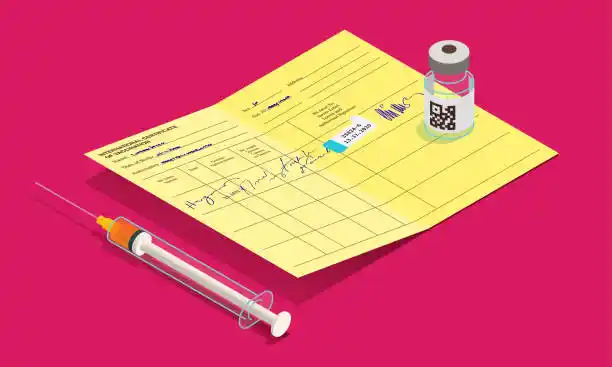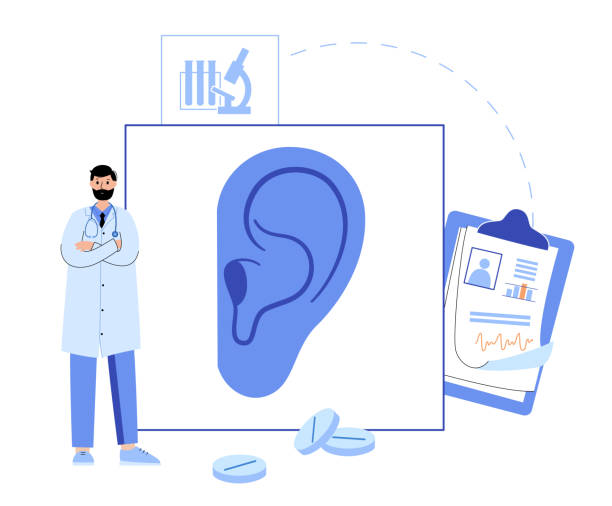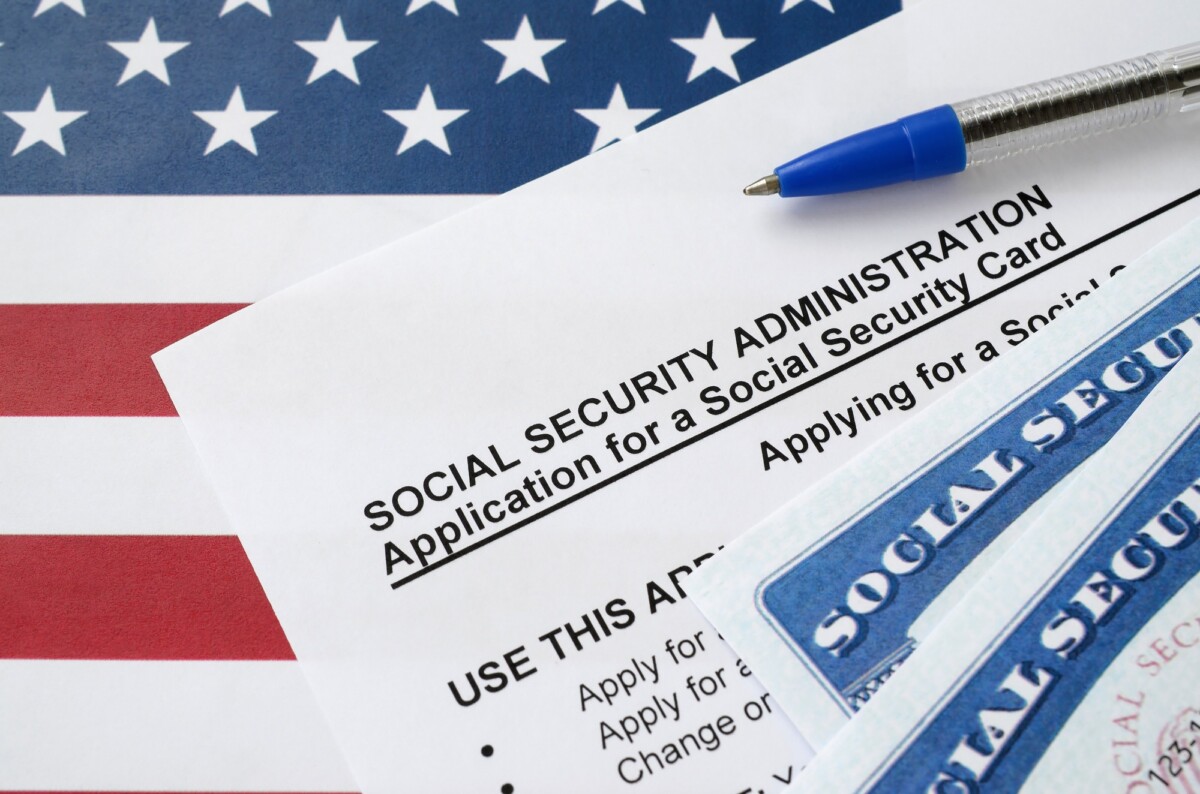How to Appeal a Denied SSI Claim: A Step-by-Step Guide
Receiving a denial letter for your Supplemental Security Income (SSI) claim can be deeply disheartening, especially if you’re counting on those benefits to manage your living expenses, healthcare, and overall quality of life. However, a denial does not mean your claim is permanently rejected. There are multiple steps in the appeal process, and many people are eventually approved after further review. The key is understanding how the process works and what you can do to strengthen your case.
This in-depth guide walks you through the entire SSI appeals process, including why claims are commonly denied, how to gather the right documentation, how to craft an effective appeal letter, and what to expect at a disability hearing. With preparation, persistence, and possibly some legal support, you can improve your chances of getting the benefits you deserve.

Ready to connect with top legal professionals? Get immediate support— Call us at 877-550-8911.
Connect with Our Legal Team
Common Reasons Why SSI Claims Are Denied
Before diving into the appeal process, it’s crucial to understand why SSI claims get denied in the first place. Knowing this will help you better address the specific issues in your case. Here are some of the most frequent reasons for a denial:
1. Insufficient Medical Evidence
The Social Security Administration (SSA) requires detailed and consistent medical documentation to confirm that your disability is severe and ongoing. If your medical records are missing, outdated, or don’t clearly show how your condition limits your ability to work, your application might be denied.
2. Income or Assets Exceeding SSI Limits
SSI is a need-based program designed to help people with limited income and resources. If your financial assets or income exceed the SSA’s strict limits—even slightly—your claim may be denied, regardless of your medical condition.
3. Missed Consultative Exams
In some cases, the SSA may ask you to attend a consultative examination (CE) to get more information about your condition. Failing to attend this exam can seriously hurt your claim and may result in an automatic denial.
4. Confusing SSI With SSDI
SSI and Social Security Disability Insurance (SSDI) are two different programs. While SSDI is based on work history and earned credits, SSI is based on financial need. Some applicants mistakenly apply for SSI when they actually qualify—or don’t qualify—for SSDI, leading to confusion and denials.
5. Errors in the Application
Mistakes such as missing information, incorrect dates, or incomplete responses can lead to a denial. Even small clerical errors can raise red flags during the SSA’s review process.
Before moving forward with an appeal, carefully read your denial letter to understand the specific reason for your rejection. This will guide your strategy as you move through the appeals process.
Step-by-Step SSI Appeals Process
There are four main stages in the SSI appeal process, and you typically have 60 days from the date of your denial to initiate the next step. Here’s how each stage works:
1. File a Request for Reconsideration
This is the first and simplest appeal level. You’re essentially asking the SSA to take another look at your application. At this stage, you’ll need to complete Form SSA-561, known as the “Request for Reconsideration.”
You should also include:
- Updated or additional medical records
- Statements from doctors, caregivers, or others familiar with your condition
- Corrections to any errors made in your initial application
A different SSA claims examiner—someone who wasn’t involved in your original decision—will review your file. While many claims are still denied at this stage, this is your opportunity to present new evidence or clarify any misunderstandings.
2. Request a Hearing with an Administrative Law Judge (ALJ)
If your reconsideration request is also denied, the next step is to request a hearing before an Administrative Law Judge (ALJ). This is a much more formal part of the process and often the stage where many applicants win their appeal, especially if they are well-prepared and have legal representation.
During the hearing:
- You (and your attorney, if you have one) can present your case directly to the judge.
- You may bring witnesses, such as your doctor, caregiver, or even a vocational expert who can testify about how your condition affects your ability to work.
- The judge may ask detailed questions about your daily life, work history, and treatment.
It’s important to prepare carefully for this hearing and gather as much documentation and testimony as possible.
3. Appeal to the Social Security Appeals Council
If the ALJ rules against you, you have the option to escalate your case to the SSA Appeals Council. This council will review your hearing and decide whether the judge made any legal or procedural errors. They can:
- Uphold the judge’s decision
- Send your case back to the judge for further review
- Overturn the decision in rare cases
You don’t appear in person at this stage. The council reviews the written record and makes its decision based on that.
4. File a Federal Lawsuit
As a final option, if the Appeals Council denies your case or refuses to review it, you can file a lawsuit in federal court. This step is highly complex and typically requires the assistance of an attorney who specializes in disability law. While federal court is rarely needed, it remains a last resort for applicants who believe they were unfairly denied.
Collecting Documentation for Your Appeal
One of the most important parts of building a strong SSI appeal is collecting comprehensive, up-to-date documentation that proves the severity of your condition. Here’s what to include:
- Medical Records: Include physician notes, test results (X-rays, MRIs, lab results), hospital visits, and any prescribed medications.
- Treatment History: Document ongoing treatments, physical therapy, counseling, or other medical interventions.
- Work History: Include pay stubs, job descriptions, performance evaluations, and details about jobs you can no longer perform.
- Personal Statements: Write a narrative explaining how your disability impacts your daily life—e.g., personal hygiene, household chores, relationships, and work.
- Witness Statements: Statements from family, friends, caregivers, or coworkers who can attest to the difficulties you face.
- Financial Documents: Bank statements, bills, and documents showing your income and assets.
Organizing this material into a clear, easy-to-follow packet can significantly affect how your appeal is received.
Writing a Strong SSI Appeal Letter
An appeal letter serves as your opportunity to explain your situation in your own words and correct the reasons for your denial. Here’s how to structure an effective letter:
1. Header: Include your name, address, Social Security Number (last four digits), and your claim number.
2. Introduction: Briefly state that you are appealing the decision and include the date of the denial.
3. Main Body:
- Address the reasons for denial one by one.
- Provide explanations and reference supporting documents.
- Describe any new or worsening medical issues.
4. Conclusion: Politely request a reconsideration and provide your contact information for follow-up.
Example:
“I am writing to appeal the denial of my SSI claim dated [insert date]. The letter stated that there was insufficient medical evidence supporting my disability. I have since obtained updated medical records and documentation from Dr. [Name], which confirm the ongoing severity of my condition. I respectfully request a review of my case.”
For more legal guidance, visit Legal Case Review.
 What to Expect at the ALJ Hearing?
What to Expect at the ALJ Hearing?
The Administrative Law Judge hearing is a formal process, but it’s not as intimidating as a courtroom trial. Here’s what typically happens:
- You’ll be asked detailed questions about your disability, work history, and how your daily activities are affected.
- You may testify on your own behalf and answer questions under oath.
- Experts may also testify about your medical condition and employment prospects.
- Most hearings last about 30 to 60 minutes.
- A written decision is usually issued within a few weeks or months after the hearing.
Prepare ahead of time by practicing your answers and reviewing your documents with your representative.
Tips for a Successful SSI Appeal
To give yourself the best possible chance of success, keep these tips in mind:
- Don’t Miss Deadlines: Always submit appeals within 60 days of a denial.
- Stay Organized: Keep copies of all correspondence and paperwork.
- Consider Legal Help: Applicants with attorneys have higher success rates.
- Be Thorough and Honest: Clearly describe your symptoms without exaggerating.
- Follow Up: Regularly check the status of your case via the SSA website or phone line.
According to the Social Security Administration, applicants with legal representation are more likely to win appeals.
FAQs
1. How long does the SSI appeal process take?
Reconsideration can take 3–6 months. ALJ hearings can take 12 months or longer due to case backlogs.
2. Can I work while appealing?
Yes, but your income must stay below SSI limits. Too much income can hurt your appeal.
3. Do I need a lawyer?
Not required, but highly recommended—especially for ALJ hearings or federal court.
4. Can I submit new evidence after I’ve appealed?
Yes. You can continue submitting updated medical and supporting documentation up until your hearing.
5. What if my appeal is denied again?
You can request a review from the Appeals Council or take your case to federal court.
Don’t wait to secure the legal representation you deserve. Visit Legal Case Review today for free quotes and tailored guidance, or call 877-550-8911 for immediate assistance.

 What to Expect at the ALJ Hearing?
What to Expect at the ALJ Hearing?


